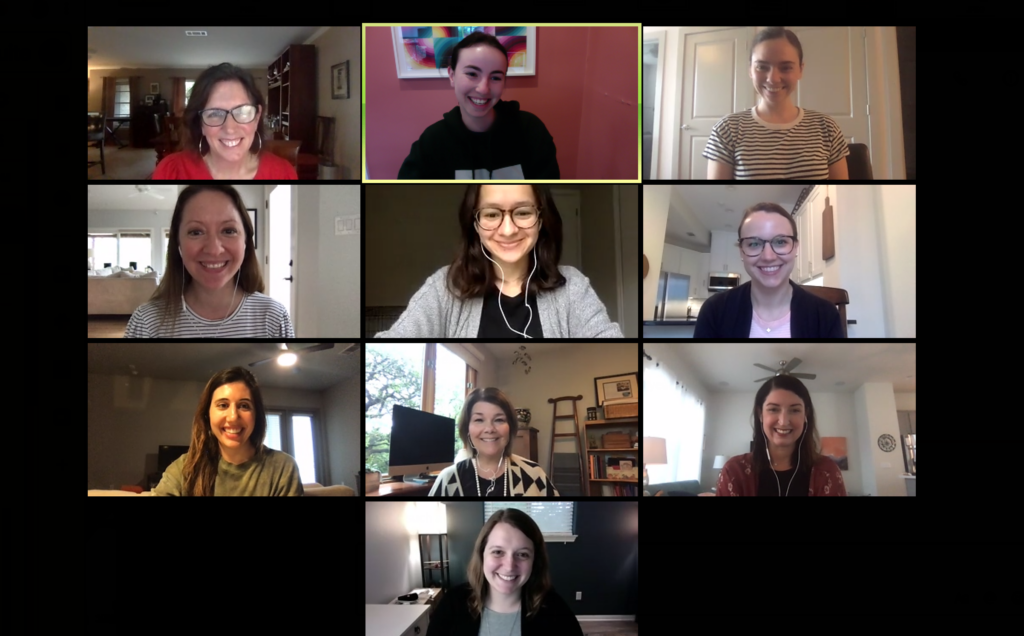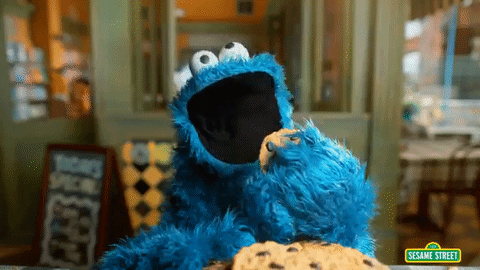It’s in our nature to want to solve problems: personal problems, business problems, other people’s problems. That doesn’t change just because our gyms are closed or our meetings or classes have gone digital. The same is true of business and daily life in the workplace for many. We’re just rewiring our brains and retraining our muscles to do things differently, to take bold chances and seize new opportunities that didn’t exist before. Below, we walk through three areas of communications that we’ve seen adopt this philosophy: the news media, content marketing and corporate communications departments.
First, though, some recent news you might be interested in:
– Bank of America Sends 184,000 Applications for Small-Business Loans to SBA: Dozens of public companies (and, quite unbelievably, the Los Angeles Lakers) received funds from the CARES Act passed in late March that were meant for small businesses. After weeks of well-deserved backlash, they’re slowly returning those funds. Then, earlier this week, Bank of America said it sent more than 180,000 applications for rescue loans to the Small Business Administration. While they’re certainly not without fault—Bank of America and other big banks are facing a lawsuit alleging they systematically prioritized larger businesses over smaller ones during the lending process—it’s great to see that small and medium businesses who desperately need rescue funds now actually have a chance to receive them.
– The 50th edition of Earth Day was one unlike any other. If we’re being honest with ourselves, staying home is quite possibly the best eco-conscious decision we could make even in the best of times. The stories we keep hearing about the earth finally being afforded the chance to recover from human pollution are certainly inspiring—we even addressed them briefly last month. It will not come without a cost, however: We’re using and wasting more plastic than ever before. If you’re interested in learning more, head over to our blog to read about the sustainable packaging companies fighting the global plastic industry, and what we as storytellers can do to help.
– SpaceX sent 60 additional Starlink satellites into space, bringing its total to more than 400. The company has a way to go before it reaches its goal of launching 12,000 satellites and providing the world with broadband internet. The service will also require a bit of on-the-ground hardware for consumers, which could present some challenges—but, in typical Elon Musk fashion, he’s shooting for the moon (or, in this case, low-Earth orbit).
At its core, marketing is an extension of the basic human need to connect with and relate to one another. Brands spend years and millions of dollars connecting with their customers and stakeholders to strengthen relationships and build trust and community.
Rajkumari Neogy, founder and CEO of iRestart, said it best: “In a place of anxiety, we are executing, not relating. We are at risk of losing relationships now more than ever.”
We must be thoughtful with our communications and act with purpose, not stress or opportunity. We’ve seen journalists and some brands take this challenge in stride by adapting their communications and finding unique ways to connect with their audiences.
HERE ARE THREE ELEMENTS THAT ARE EVOLVING TO USHER IN A NEW AND EXCITING ERA IN COMMUNICATIONS:
First, we want to say thank you to our friends in the news media who are working tirelessly to provide us with critical health and safety information. The journalists reporting the news are working overtime as outlets across the country have furloughed roughly 36,000 workers. Many journalists are pulling double-duty, spending half their time on coronavirus coverage and half their time reporting on all the other news still breaking around the world.
Reporters have always been on the front lines of change and controversy, reporting through war zones and protests, but now media companies must change the way they work to protect their staff. Outlets are getting creative with the way they gather and share information, relying more on user-generated content and citizen journalism than ever before.
Journalists aren’t the only ones doing it. Marketers must also adjust how they’re communicating amid new restrictions and fewer opportunities to physically connect.
Experiential marketing was the next biggest thing—until COVID-19 canceled all in-person experiences. Savvy marketers are finding unique ways to shift events online. Cooking classes, happy hours, shopping events, tourist activities and more have transitioned to the virtual sphere. For industries like hospitality, a digital experience just isn’t the same as coming back to a luxurious hotel bed after a long day of adventure. Instead, companies must create unique, highly connective content that resonates with the audiences they can no longer reach in person.
Disney resorts, which are currently closed indefinitely, are built on creating magical experiences for its visitors. Instead of connecting with visitors through their hearts and imaginations, Disney is connecting with us in the next best way—through our stomachs. To give their audience some Disney magic at home, the company shared the recipe for its world-famous Dole Whip. DoubleTree by Hilton took a similar approach and shared its cookie recipe for the very first time. These recipes give people something to do and transport them back to a happier time when they last interacted with the brand.
And yes, we realize that we’ve touted two brands making moves with food. Our quarantine snack game is just as ravenous as the rest of America’s.
One of the best reasons to spread the love with food? It’s simple. One recipe with a how-to video doesn’t take a lot of resources.
Unfortunately, as Disney has discovered, good content marketing isn’t all you need.
Corporate communications are taking the lead during the crisis, internally and externally. We’re sure you received an email from every single brand you’ve ever given your email to about their response to COVID-19. While you probably didn’t really care what Discount Tire was doing to combat the pandemic, these companies were following the number one and number two rules of crisis comms: Be proactive and be honest. How companies handle COVID-19 will impact public perception for years to come.
Take Disney: Although its Dole Whip recipe was a consumer content win, the decision to furlough theme park workers after paying dividends to shareholders and bonuses to executives drew harsh criticism, including from Abigail Disney herself. Executives did take pay cuts and executive chairman Bob Iger is foregoing his salary, but it’s still a bad look when Iger made 911 times the median worker’s pay last year alone. Disney is working with the state of Florida to auto-enroll employees into its notoriously bad unemployment system.
So much for the happiest place on earth. Even Away Luggage, a company that’s had its fair share of internal communications blunders, managed to work some magic and release a classy and proactive statement about the company’s layoffs. This is a shining example of how you deliver difficult news.
Learn more about improving corporate communications during a crisis with our founder and CEO Kathleen Lucente in an interview with communications expert Molly McPherson.






